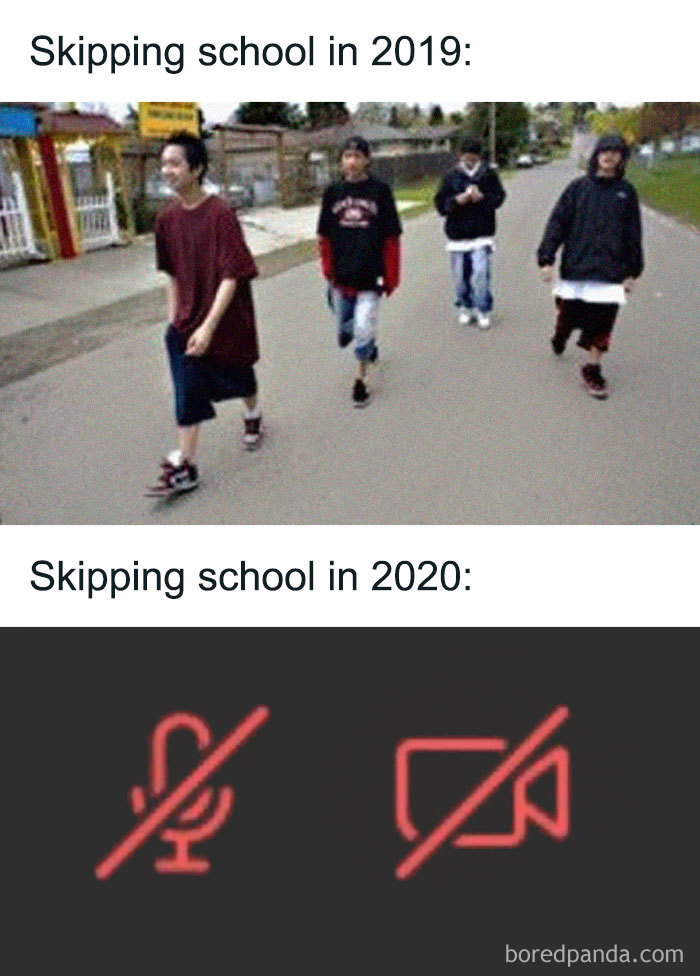Apprentice:
Welcome to Eureka 2020.
But not anymore.......
Please Bring to Class: Your Rubix Cube and your Scriptures! ( No, it's not seminary....but we may have an Astronomy Scripture Chase)
Study/Learn
What does Eureka even mean, and where did it come from?
I have a couple short videos that will help:
If you like legos, watch this one: https://www.youtube.com/watch?v=wEvtahSn_ms
If you don't care about legos, watch this one:
http://www.youtube.com/watch?v=ijj58xD5fDI
What does Eureka even mean, and where did it come from?
I have a couple short videos that will help:
If you like legos, watch this one: https://www.youtube.com/watch?v=wEvtahSn_ms
If you don't care about legos, watch this one:
http://www.youtube.com/watch?v=ijj58xD5fDI
I. Pull out your 3X3 Rubix cube. We've chosen this for part of our logic training this year, but there are lots of benefits to learning to solve this cube. Here are a few:
Benefits of solving the Rubik's cube:
- It helps with improving memory.
- Learning the ways of solving the cube improves patience.
- It helps become a problem solver.
- It helps with mapping of the things.
- It keeps the mind active.
- Speedcubing makes your reflexes faster.
- It will improve your fingers dexterity and agility.
- It is an awesome conversation starter.

Go to this video, cube in hand, and learn to solve the white face. Watch and practice until minute 4. You can rewatch that section as many times as needed until you get it down. Bring your 3X3 cube to class!! We will practice in class and have a few challenges.
II. Watch this Cool video, just to be amazed.
III. Print this Astronomy Notetaking Packet (24 pages, but only 12 if you print on both sides), punch holes in it, and add it to your Common Place Binder. You will fill it in throughout the year.
IV. Read pages 3-4, and page 31 in The Glory of the Stars as an introduction to what the book is all about. You are welcome to read or skim the rest of the introduction, but it's not required.
 |
| Add caption |
IV. Read The Glory of the Stars pages 33-50. This is 2 chapters, which consist of 2 main constellations and 6 minor ones. Using your notetaking packet, plot the points of each constellation, draw the lines that make the constellations (Add the "picture" if you wish, but it's not required), and takes notes in the provided boxes. Use your book to help you. Find the 8 constellations you read about on pages 24-25 of the book, or any other star chart. Here is a good one online.
Know/Understand
I. Choose 1 of the Following:
Option 1. Solve this Krypto (Rules below)
Here are 5 numbers:
7 9 3 8 1
Your Target number is....15
Rules: Using each of the 5 numbers ONLY ONCE, you may use any combination of addition, subtraction, multiplication or division to manipulate the 5 numbers in any order to reach the target number.
Example: if you had the 5 numbers: "8,4,1,6,3", you could reach the target number of 11 by doing: 3 x 4 + 1 - (8 - 6)
There is always a way, usually more than 1, to reach the target number.
Use your commonplace book to record your trial and error. Record your equation and bring it to class!
Option 2. Calculate how many days you will have been alive on your next birthday. Write the number of days in your commonplace book and bring it to class.
II. Go to This weeks' sky at a glance, Read what's happening in the sky this week. Take the chance to go outside after dark at look into the sky. See if you notice anything you learned from the article about this week's sky.
III. If you have a device that would support a constellation app, get one. I have Star Walk 2 on my phone, it's free, and it helps me pick out the different constellations and planets in the sky. It's super cool to use when you take your time to go look at the sky. You'll have to add your location so it can orient the sky to where you are and calibrate.
III. If you signed up to give a report this week, please come prepared to present a 5 (or so) minute presentation on your chapter. Get together with your partner and talk about how you'd like to present together. You can split it up, or work together however you want.
Check out this document to make sure you've signed up for a report sometime throughout the year. If not, please add your name.
Become/Serve
Read Psalm 19:1-4
This is a beautiful psalm (song or hymn...or poem) about the handiwork of God
This is a beautiful scripture about attaining knowledge and why it's important.
These 2 ideas are a major part of what Eureka is about this year, and I'd like you to reflect on the knowledge you'd like to gain this year, and why.
Now write 2 lines of your own psalm about:
1. The Heavens (Astronomy) or
2. Your quest to gain knowledge and why.
Now the hardest part........Put your 2-line psalm onto THIS Google Doc. You can sign your name to it or keep it anonymous....either way is fine. I'm looking forward to seeing all your psalms!


No comments:
Post a Comment